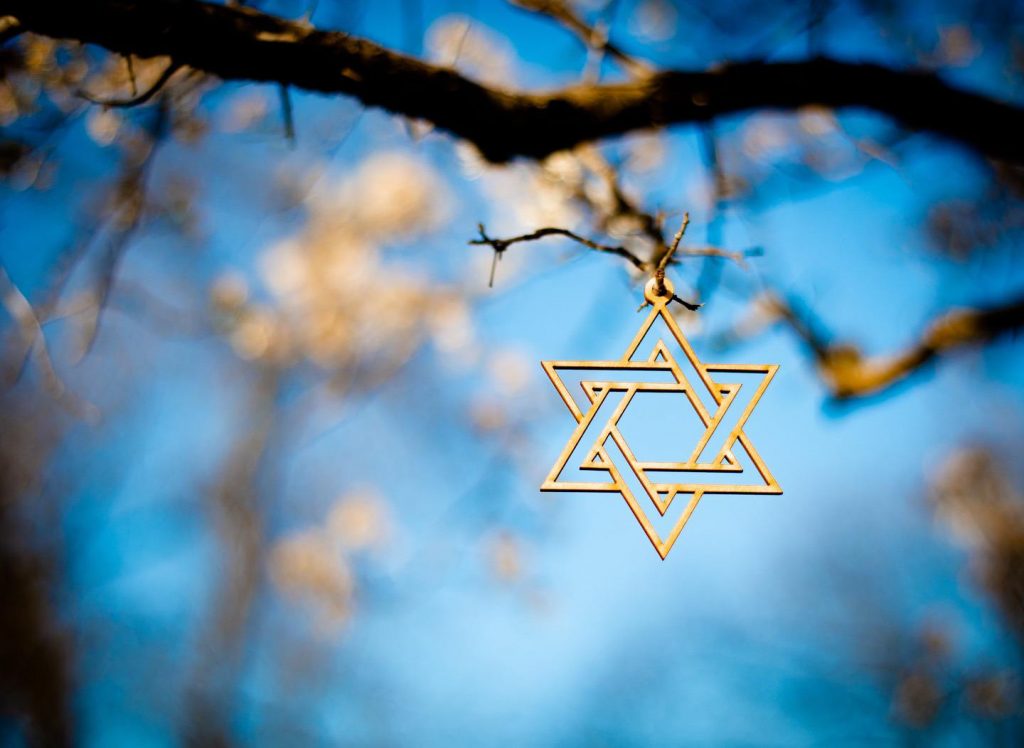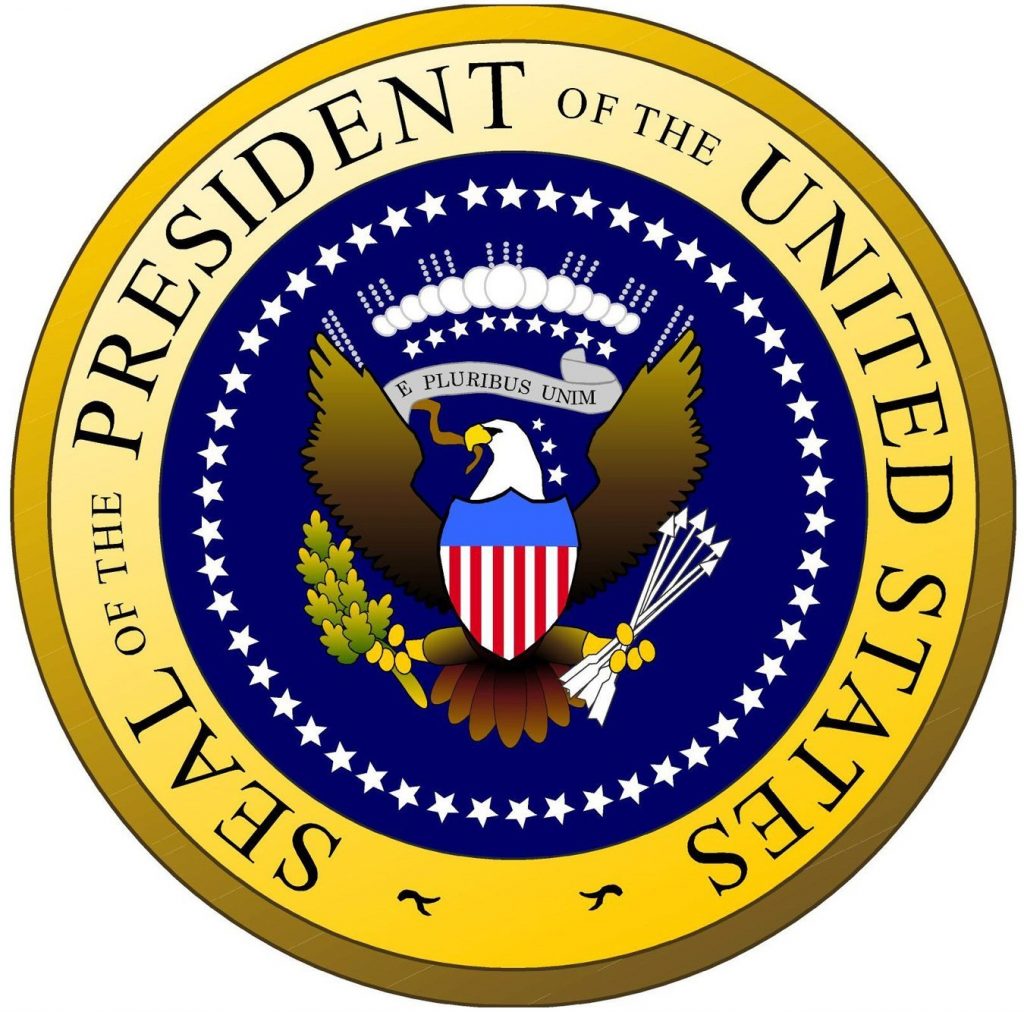
“Freely you have received, freely give.”
It was God’s work to bring us into His Kingdom. We are the direct result of the work of, “him who called you out of darkness into his wonderful light.” So none of us can say we were born in His Kingdom. Rather, we were born in sin. Rather, all we can say is that at some point – as we were being raised in sin or while we were living out our own sin – the Gospel was preached to us as the Father drew us, and we became sons of the Most High.
That was all the work of Jesus Christ by the Spirit of God. Nothing we once did or were doing or even ever will do can qualify us for His presence. As Isaiah once said, “All of us have become like one who is unclean, and all our righteous acts are like filthy rags.” So preaches Paul in the book of Romans, “all have sinned and fall short of the glory of God.” Indeed, humankind’s sinful bent is the ‘common knowledge’ of the Scripture. It is a prevailing motif throughout the Bible whenever people are mentioned.
This is something every follower of God knows, both from reading His Word and personal experience. We are saved not of ourselves, but of God and by the preaching of His Word. None of us did anything to deserve the blessing of God or His Kingdom.
In light of those facts, one would think that it could not even enter the human mind to think that one particular people group was more deserving than another. Yet it is not uncommon to find self-identifying Christians who actively despise other people groups! Even a casual poll among the faithful of any given church reveals some who look down on secularists, and/or Muslims, and/or homosexuals, and/or people of the opposing political party. It is bizarre to think that someone who was spiritually dead can be raised to spiritual life by grace, and then complain that others who are spiritually dead are somehow less worthy to be likewise raised by that same grace. People who do such things fail to see how the hypocrisy and selfishness of such hatred is not compatible with new life in Christ. The Gospel is for all and is meant to be preached to all, just as Christ will be one day seen by all on His glorious return, “’And all mankind will see God’s salvation.’”
Likewise, neither are the works of God in healing and restoration to be restricted. Jesus commanded His disciples, “Heal the sick, raise the dead, cleanse those who have leprosy, drive out demons. Freely you have received, freely give.” From that we can gain that wherever the Gospel goes, so also must go the work of God through the servants of God by the gifts of God and the power of God. Not that everyone who is saved experiences a miracle in this way, but that everyone who is saved can experience the reality of God (either directly in themselves, or indirectly in someone they know).
We must understand this. There is no demarcation point; the blessing of healing and deliverance is not only for those already in the church, but for all flesh. Like the preaching of the Gospel, it is a witness of God’s love for the lost. Freely given to us, that we might freely give it to others. For it is when they see the kindness of God to them that they can be convicted by the Spirit and repent.
In these things let us occupy ourselves, without giving offence, and let us not do anything with partiality or for the shaming of others, but let us love the poor as the servants of God.
Clement of Rome
APPLICATION: Intentionality
How will you bring the free blessing those beyond your normal circle of influence today?










